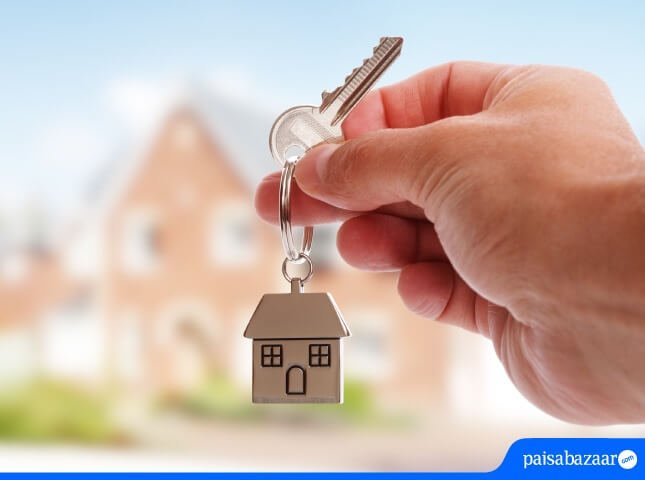The interest rates offered on home loans are of three types – fixed, floating and mixed/hybrid. First-time homebuyers should know the difference between these types, as the type of interest rate they choose at the time of loan selection would determine their cost of borrowing.
Here are some points that would help you make a suitable decision.
What are Floating Rate Home Loans?
Floating interest rate, also known as adjustable or variable rate, is linked to external benchmark rate such as RBI’s policy repo rate. Any changes in these benchmark rates will bring change in the interest rates of floating rate home loans. However, the exact date of the change of interest rate will depend on the rate reset frequency set by the lender and the rate reset date set for the borrowers. Note that lenders usually change the loan tenure for their home loan borrower on increase or decrease in their interest rates. However, borrowers can opt for increase or decrease in EMI by making a request to their lender.
Advantages
- Applying for floating rate home loans will be beneficial for borrowers when the current home loan interest rates are quite high and a downward trend is estimated in the future.
- Borrowers benefit from the lowered interest rate if the underlying benchmark rate decreases.
- The interest rate offered on a floating rate home loan is generally lower than that of a fixed loan, thereby, helping you save on the overall interest cost.
- As per RBI’s guidelines, banks are not allowed to levy prepayment and foreclosure charges on floating rate home loans given to individuals.
Disadvantages
- Due to increase in the interest rates, the tenure will increase, thereby, increasing the overall interest payout.
- While most lenders change their increase/decrease their borrowers’ residual loan tenures on changes in their interest rates, any significant increase in interest rates within a short period may force the lenders to increase the EMIs as well. Such increased EMIs may adversely impact the household finances of their borrowers.
What is a Fixed Rate Home Loan?
The interest rate of home loans availed at fixed rate would remain constant throughout its tenure regardless of the changes in the interest rate regime. This provides certainty to the borrowers in terms of their interest cost.
Advantages
- Applying for a home loan at a fixed rate of interest is better when the current home loan rate of interest is quite low and an upward trend is anticipated in the future.
- Such loans are usually ideal for borrowers who are conscious of budgeting, as such loans have fixed interest cost throughout the loan tenure.
Disadvantages
- You do not benefit from the falling interest rate regime i.e. when the interest rates of the other loans and the broader economy is on a declining trend.
- Fixed-rate loans may incur prepayment charges should you want to prepay or foreclose your home loan early.
- As compared to floating rate home loans, lenders charge higher rates on fixed rate home loans to compensate for the interest rate risks related to fixed rate home loans. For example, Axis bank offers both fixed and floating home loan interest rates. The fixed home loan rate offered by the bank is 14% p.a. whereas the floating interest rates of its home loans start from 9.00% p.a.
What is a Hybrid Home Loan?
The interest rates offered on hybrid home loans are partly fixed and partly floating. Such loans have a fixed interest rate for the initial few years after which it converts to the prevailing floating rate of interest.
Advantages
- The fixed rate portion gives you partial protection in case interest rates go up and the floating rate portion provides partial benefits if rates fall.
- Hybrid rate home loans are ideal for those who have planned their budget for the initial few years.
Disadvantages
- The fixed rate charged during the initial years would usually be higher than the floating rate, leading to higher interest cost in the initial years of the loans.
- Borrowers may lose out if interest rates are higher when the fixed period expires.
Which one to choose?
Floating rate home loans are usually less expensive than fixed rate home loans. Hence, you are likely to pay less interest overall with floating rate home loans versus fixed rate home loans. However, home loans are long-term haul, which can go up to 30 years during which the interest rate cycle can witness several reversals. Hence, those anticipating an increase in the home loan rates in the near term should go for hybrid loans while those looking for a constant interest cost should go for fixed rate home loans. Others should opt for floating rate home loans.




